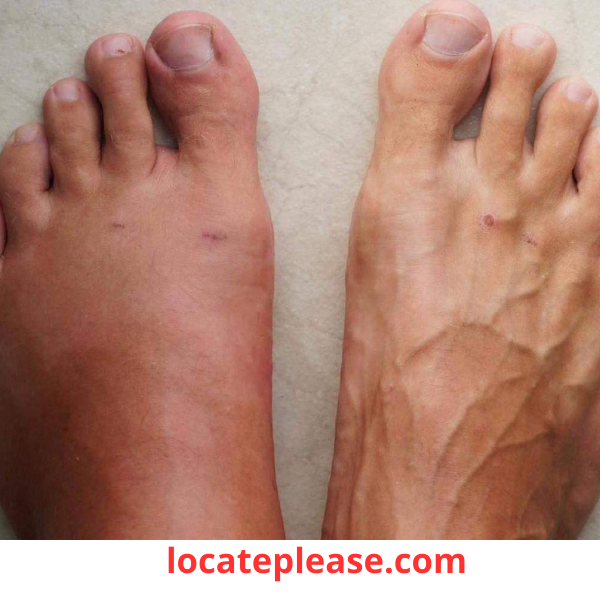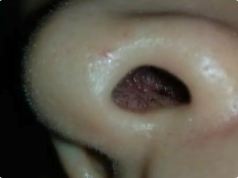Heart attacks are one of the leading causes of death worldwide, but many people fail to recognize the warning signs until it’s too late. What most don’t realize is that your body often sends subtle signals weeks or even months before a heart attack occurs. Understanding these early warning signs can save your life or the life of someone you love. Here are seven crucial signs to watch for, along with tips on what to do if you experience them.
1. Persistent Chest Discomfort
While chest pain is commonly associated with heart attacks, many people ignore milder forms of discomfort. A month before a heart attack, you may experience tightness, pressure, or a burning sensation in the chest. This discomfort may come and go and could be mistaken for indigestion or muscle strain.
What to Do: If you notice recurring chest discomfort, especially during physical activity or stress, consult a doctor immediately. Don’t dismiss it as something minor—your heart could be sending an SOS.
2. Unusual Fatigue
Extreme fatigue that doesn’t improve with rest can be a red flag. Many heart attack survivors report feeling unusually tired in the weeks leading up to their cardiac event. This exhaustion is often caused by reduced blood flow to the heart, which forces your body to work harder.
What to Do: Pay attention to unexplained fatigue, particularly if it’s accompanied by other symptoms like shortness of breath or dizziness. Schedule a check-up to rule out cardiovascular issues.
3. Shortness of Breath
Difficulty breathing, even during light activities or while lying down, can indicate that your heart isn’t pumping blood efficiently. This symptom, known as dyspnea, often precedes a heart attack and should not be ignored.
What to Do: If you’re gasping for air after climbing a few stairs or feel breathless without exertion, seek medical advice promptly. It could be a sign of underlying heart disease.
4. Cold Sweats and Clamminess
Sudden cold sweats, especially when paired with other symptoms like nausea or lightheadedness, can signal a heart problem. This reaction occurs because your body is under stress due to reduced oxygen supply to the heart.
What to Do: If you experience cold sweats along with chest discomfort or dizziness, call emergency services right away. These symptoms could indicate an impending heart attack.
5. Pain Spreading to Other Areas
Pain or discomfort from a heart issue doesn’t always stay localized in the chest. It can radiate to the shoulders, arms (especially the left arm), neck, jaw, back, or stomach. This spreading pain is a hallmark sign of coronary artery blockages.
What to Do: Take note of any unusual pain patterns, especially if they occur during exertion or emotional stress. Report these symptoms to your healthcare provider immediately.
6. Irregular Heartbeat
Palpitations or an irregular heartbeat can sometimes precede a heart attack. While occasional skipped beats are usually harmless, frequent episodes of rapid or fluttering heartbeats should raise concern.
What to Do: Monitor your heart rate regularly and consult a cardiologist if you notice persistent abnormalities. An electrocardiogram (EKG) can help diagnose potential issues.
7. Nausea and Indigestion
Many people mistake heart-related nausea for gastrointestinal problems. However, if you frequently feel queasy, bloated, or experience indigestion-like symptoms without a clear cause, it could be related to your heart.
What to Do: Keep track of when these symptoms occur. If they happen alongside chest discomfort or shortness of breath, don’t hesitate to seek medical attention.
Why Early Detection Matters
The key to surviving a heart attack lies in recognizing the warning signs early and acting quickly. Many individuals attribute these symptoms to stress, aging, or unrelated health issues, delaying treatment until it’s too late. By paying close attention to your body and seeking professional guidance, you can address underlying heart conditions before they escalate into life-threatening events.
Steps to Take If You Notice These Signs
- Seek Immediate Medical Attention: Call emergency services if you experience severe symptoms like chest pain, shortness of breath, or cold sweats.
- Schedule a Check-Up: For milder but persistent symptoms, visit your doctor for a thorough evaluation. Blood tests, EKGs, and stress tests can provide critical insights into your heart health.
- Adopt a Heart-Healthy Lifestyle: Reduce risk factors by eating a balanced diet, exercising regularly, quitting smoking, and managing stress.
- Know Your Numbers: Keep track of your blood pressure, cholesterol levels, and blood sugar to ensure they remain within healthy ranges.
Your body has an incredible ability to warn you about potential dangers, including heart attacks. By staying vigilant and listening to its signals, you can take proactive steps to protect your heart health. Remember, prevention is always better than cure. If you notice any of these seven signs—a month before or at any time—don’t wait. Act swiftly, and prioritize your well-being. After all, your heart works tirelessly for you every day; it deserves your care and attention in return.






